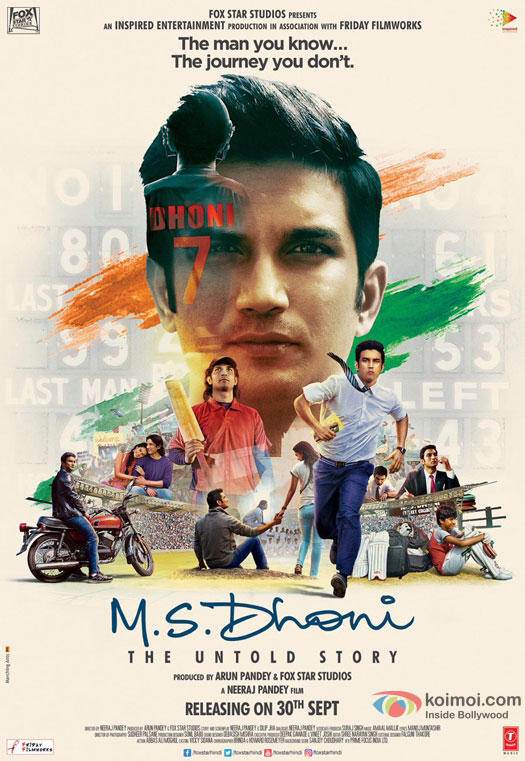What is a
sentence?
A set of words that is
complete in itself, typically containing a subject and predicate, conveying a
statement, question, exclamation, or command, and consisting of a main clause
and sometimes one or more subordinate clauses.
‘अर्थपूर्ण शब्दांच्या समूहास वाक्य असे म्हणतात’.
Sentence has two parts
SUBJECT PREDICATE
What is a subject?
A subject is a person or a
thing that is doing an action.
What is a Predicate?
The part of a sentence that
contains an action is called a predicate.
Pick out the subject and
predicate from the sentences given below.
1. The man saw the snake.
2. He whispered in a low voice.
3. The rose smelled sweat.
4. The farmer brought a handful of seeds.
5. Soham went out of the house.
6. Rahul and Sunil enjoyed
a piece of cake.
7. The mango fell on the ground.
8. Mr.Verma helped the poor people.
9. He insisted me to join the party.
10. The
king rewarded the man with a handful of gold coins.
Types of Sentence
Assertive or
declarative sentence (a statement)
|
विधानार्थी वाक्य
|
Interrogative
sentence (a question)
|
प्रश्नार्थक वाक्य
|
Imperative sentence (a
command)
|
आज्ञानार्थी वाक्य
|
Exclamatory
sentence (an exclamation)
|
उद्गारवाचक वाक्य
|
Assertive or declarative sentence (a statement) विधानार्थी वाक्य:
ह्या वाक्यांत आपल्याला काही माहिती
दिलेली असते किवा एखादे विधान केलेले असते.
The
sentence which declares or asserts a statement, feeling, opinion, incident,
event, history, or anything is called an assertive
sentence. An assertive sentence ends with a period (.). Assertive
sentences can be either affirmative or negative.
1. Sachin is
a good cricket player.
2. Rama
was a polite man.
3. He wanted
to become a doctor.
4. Sneha was
a hardworking girl.
5. Shivaji
was the greatest Maratha ruler.’
Interrogative sentence (प्रश्नार्थक वाक्य)
|
ज्या वाक्यात प्रश्न विचारले जातात,त्यास प्रश्नार्थक वाक्य असे म्हणतात.
The sentence which
asks a question is an interrogative sentence. This kind of sentence usually
ends with a note of interrogation (?) instead of a period (.). An interrogative
sentence can be either affirmative or negative.
There are two types of
interrogative sentences.
1. Wh-type
interrogative sentence
2. Yes/No
type interrogative sentence.
Wh-type interrogative
sentence: ह्या प्रश्नाची सुरवात हि Wh-ने होते व त्या नंतर क्रियापद आणि कर्ता जोडला
जातो. (Wh+verb+subject+?). ह्या प्रकारच्या प्रश्नात येणारे उत्तर हे संग्शिप्त स्वरुपात
असते.ह्या प्रश्नाची सुरवात हि –Why, What, Whom
,Where, Whose and how ने होते. ‘How’ ह्या प्रश्नार्थक शब्दाची सुरवात जरी Wh- होत नसली तरिही तो Wh- प्रश्न मानलं जातो.
1. What
can I do for you?
2. Who was
he?
3. Why did
he look angry?
4. Why
can’t you help me in my work?
5. Whom
did you give the money?
6. Where
was the man standing?
7. Whose
son are you?
8. How can
we forget the sacrifice of our great freedom fighters?
Yes /No type Questions: Yes or no questions are questions whose
expected answer is either "yes" or"no".ह्या प्रश्नाचे उत्तर हे Yes/No असे असते.ह्या प्रश्नाची सुरुवात हि सहाय्यकारी क्रियापदाने (Auxiliaryverbs) ने होते. (Helping verb +noun/pronoun+)
Examples:
1. Are we
going tomorrow?
2. Does he
love to write a poem?
3. Can you
help me?
4. Is he
your brother?
5. Am I
disturbing you?
6. Was he
present yesterday?
7. Were
you standing in the balcony?
Imperative Sentence (आज्ञार्थी वाक्य): The sentence which is
used to convey a command, a request, an advice, etc, is called an imperative
sentence. This type of sentence always takes the second person (you) for the
subject but most of the time, the subject remains hidden.
आज्ञार्थी वाक्या मध्ये समोरच्या व्यक्तीला
एखदी सूचना,विनंती,आदेश किवा सल्ला दिला जातो.ह्या वाक्यांची
सुरुवात क्रियापदाने होते.
Examples:
1. Bring me a glass of water.
2. Don’t ever touch my bag.
3. Give me a pen and a pencil.
4. Play with intensity and courage.
5. Remember me in my problems.
6. Never forget the person who loves you.
7. Take a step and don’t move.
8. Don’t be excited about everything without reason.
9. Don’t rush or you will fall.
10.Read a lot to improve your writing skill.
Advice
|
1.
Take tablets on time.
2.
Don’t eat the street food.
|
Command
|
Put
the gun down.
|
order
|
Punish
him.
|
Request
|
Please
help me.
|
Instructions
|
Turn
off the television.
|
Demands
|
Make
me happiest man in the world.
|
Warning
|
Don’t
touch the flowers.
|
EXCLAMATORY SENTENCE (उद्गारवाचक वाक्य):
उद्गारवाचक वाक्य आनंद ,दु:ख, राग ,आश्चर्य ,इ.भावना व्यक्तं करतात.हि वाक्ये बहुदा ‘how’ किवा ‘what’ ने सुरु होतात. ह्या वाक्यांचा शेवटी उद्गारवाचक
चिन्ह असते (!).
We use
‘How’ with an adjective
E.g-How beautiful, how interesting!
We use
‘what ‘with a noun or an adjective followed by a noun.
E.g-What
a day! What a delicious cake!
1. What a
beautiful flower it is!
2. What a
wonderful man he is!
3. How
cold it is today!
4. What an
exciting match it was!
5. How
brave he is!

